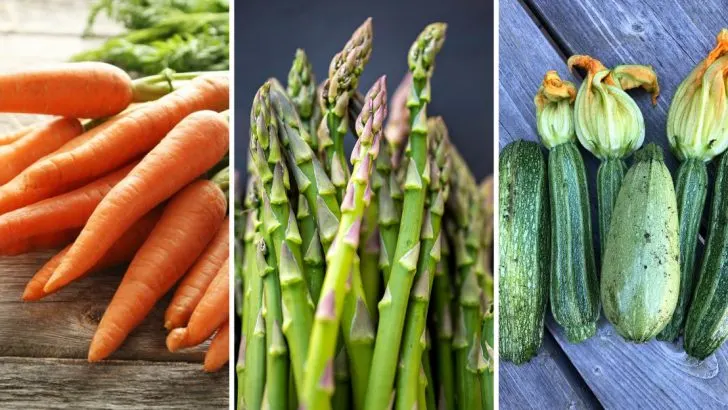Most of us grew up hearing that raw veggies are the healthiest option—but that’s only part of the story. Some vegetables actually increase in nutritional value when they’re cooked the right way. Heat can soften tough cell walls, neutralize certain compounds that block absorption, and make key vitamins and antioxidants more available to the body.
It’s not about boiling everything to mush, but about knowing which vegetables benefit from a little heat. From boosting antioxidants to unlocking fat-soluble vitamins, these eight vegetables actually give you more when they’ve been gently roasted, sautéed, or steamed.
Carrots
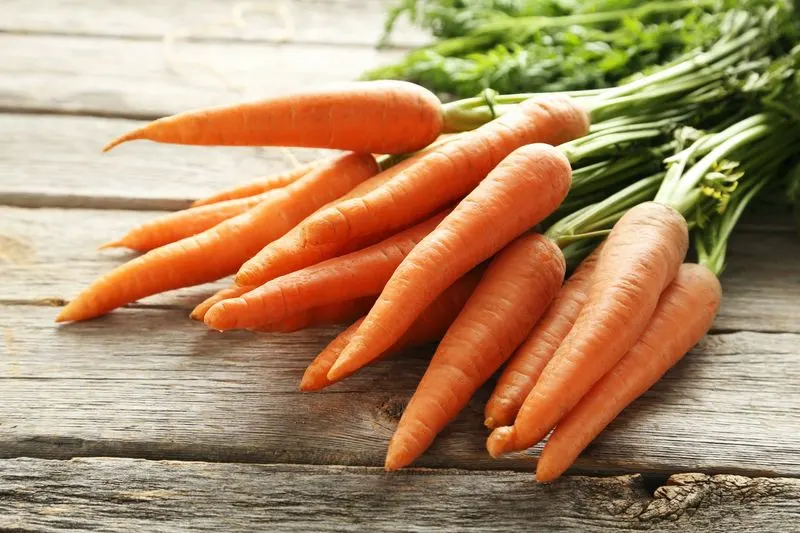
Carrots, known for their vivid orange hue, become even more beneficial when cooked. Cooking breaks down the tough cellular walls, making it easier for the body to absorb beta-carotene, a precursor to vitamin A. This vitamin is vital for maintaining healthy vision and immune function.
Sneak them into a stew or roast them to caramelize their natural sugars, enhancing both taste and nutrients. Did you know? The process of cooking carrots can increase their antioxidant levels by up to 34%, making them a smart choice for a health-conscious diet.
Spinach
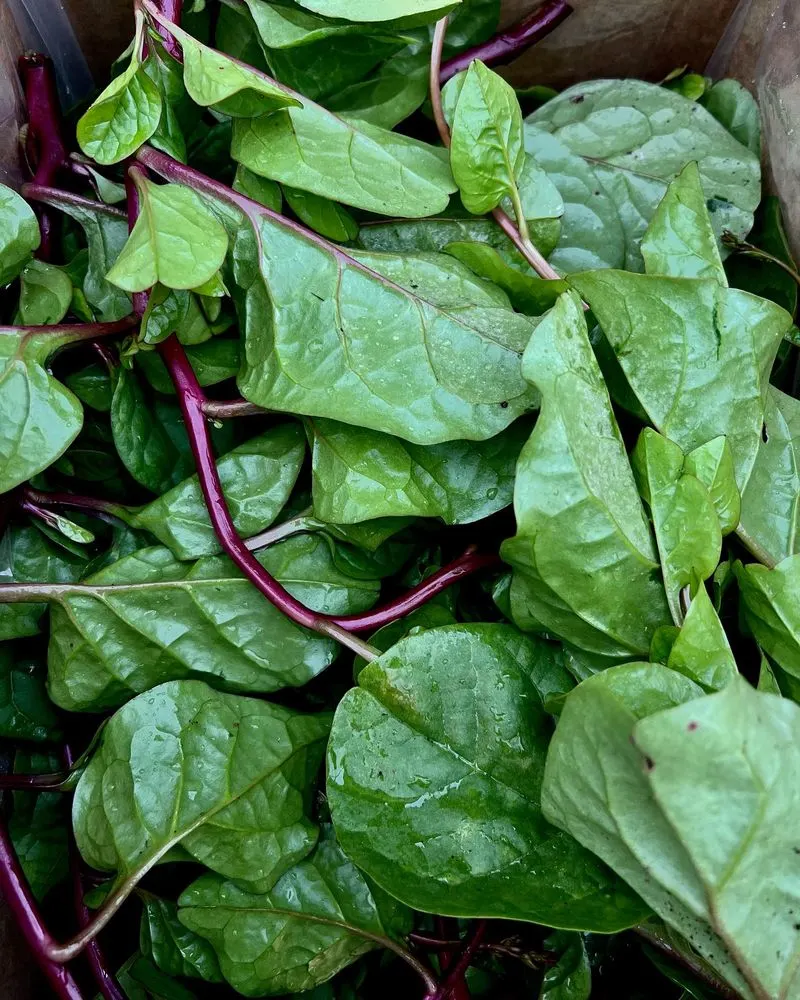
Though Popeye ate it raw, spinach offers more iron and calcium when cooked. Cooking spinach reduces oxalic acid, which otherwise hinders nutrient absorption. This means you get more of its rich supply of iron and calcium.
Toss it in your pasta or blend it into a soup, and enjoy the tender texture and increased nutrients. Fun fact: a single cup of cooked spinach provides more than half the daily value of vitamin A and folate, crucial for vision and cellular health.
Tomatoes
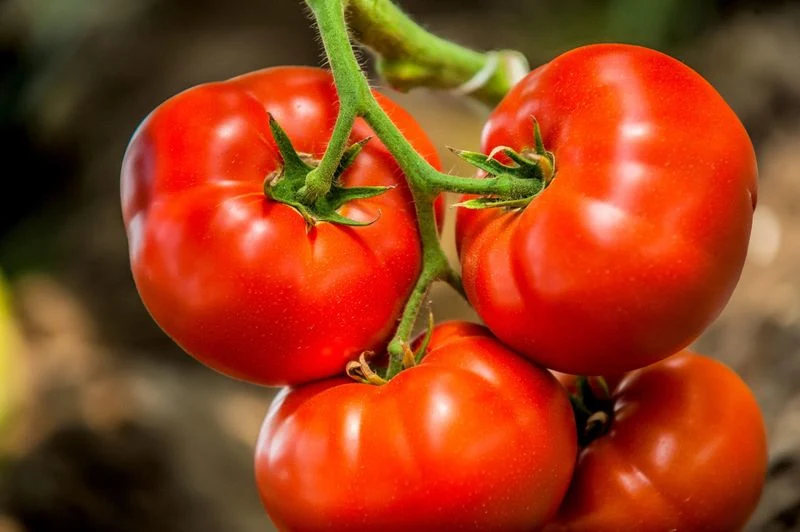
Tomatoes are a staple in many kitchens, but cooking them unlocks lycopene, a powerful antioxidant linked to heart health and reduced cancer risk. The heat breaks down cell walls, enhancing lycopene availability.
Simmering tomatoes for a sauce or roasting them intensifies their flavors and nutrients. Did you know? Cooked tomatoes can boost lycopene levels by up to four times compared to raw, offering a heart-healthy option in your diet.
Asparagus
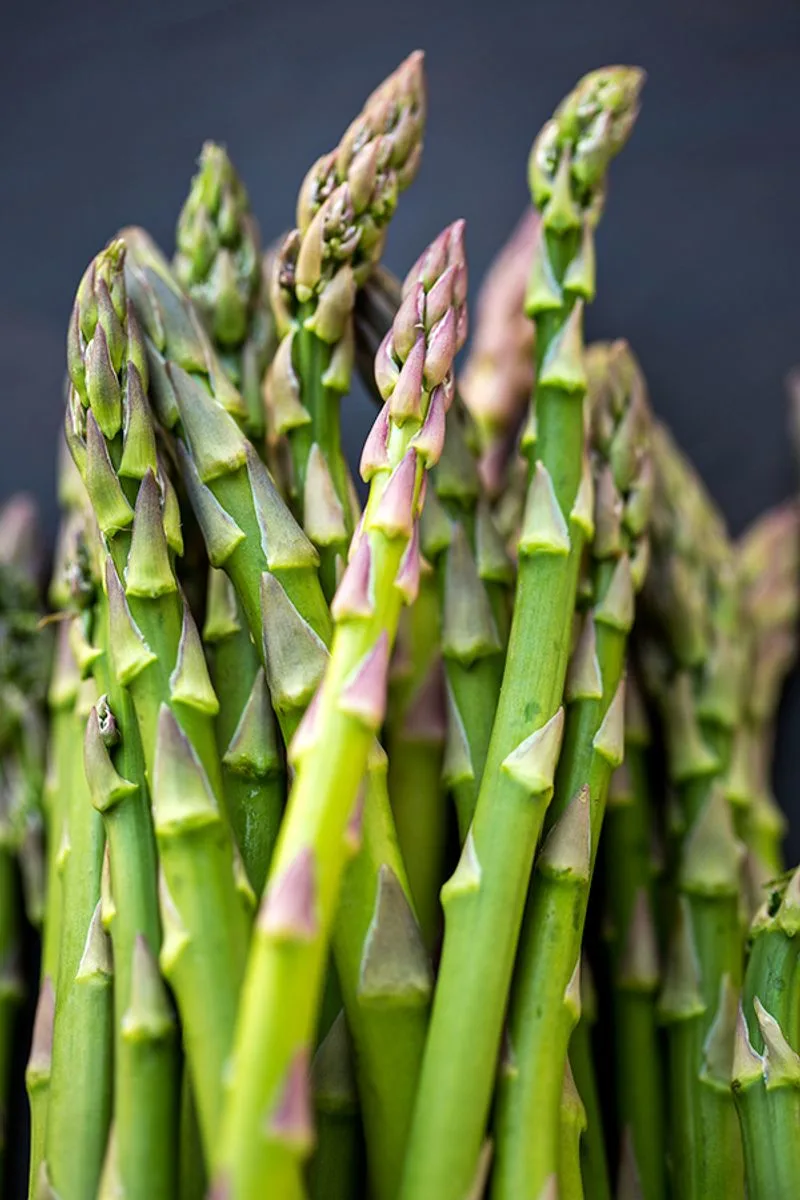
When asparagus hits the grill or oven, it transforms into a flavorful delight. Cooking asparagus increases its cancer-fighting antioxidants, like ferulic acid, which become more accessible.
Grill or steam it for a tender texture and a nutritional boost. Interesting tidbit: cooked asparagus provides a higher concentration of vitamins A, C, and E, essential for immune support and skin health.
Mushrooms
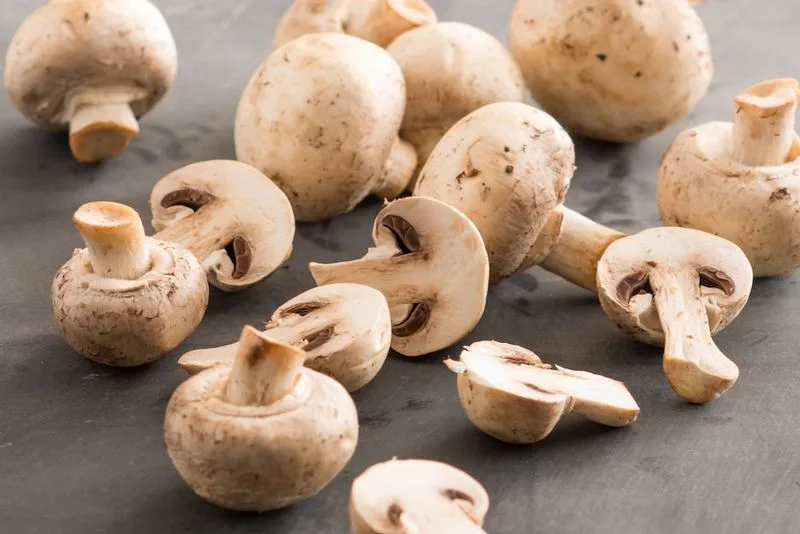
Mushrooms, often overlooked, are a powerhouse when cooked. The heat breaks down tough cell walls, releasing nutrients like potassium, vitamin B, and antioxidants.
Toss them into a stir-fry or grill them to enhance their umami flavor. Fascinating fact: cooked mushrooms can offer twice as much vitamin D, essential for bone health, compared to their raw counterparts.
Bell Peppers
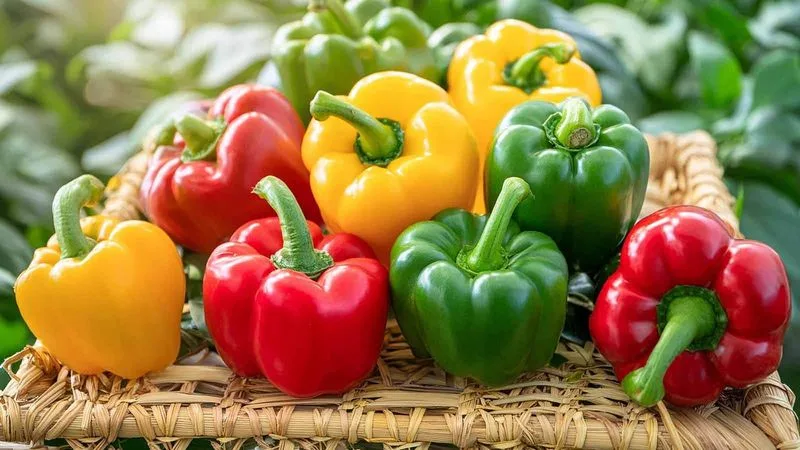
Bell peppers, especially red ones, are packed with vitamin C. Cooking them actually increases the bioavailability of this vitamin, crucial for immune support and skin health.
Whether roasted or sautéed, they provide a sweet and smoky flavor profile. Did you know? Roasted bell peppers can retain up to 75% of their vitamin C content, offering a flavorful way to boost your nutrient intake.
Broccoli
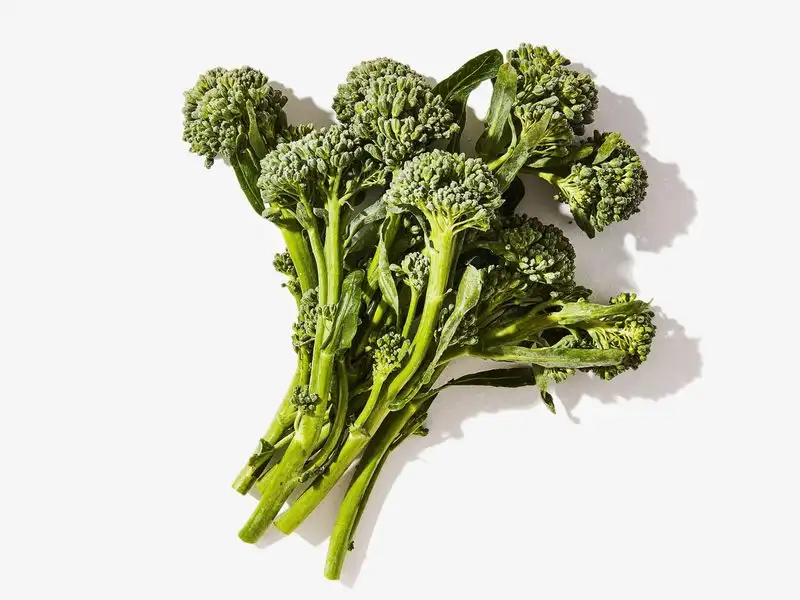
Broccoli, often hailed as a superfood, becomes even more nutritious when steamed. This method preserves and even elevates its vitamin C levels while making its iron content more bioavailable.
Toss it in some olive oil and garlic for a simple yet nutritious side dish. A curious fact: steaming broccoli can increase its glucosinolate levels, compounds linked to cancer prevention.
Zucchini

Zucchini, with its mild flavor, becomes a nutrient-rich addition when cooked. The cooking process amplifies its vitamin A content and makes fiber more digestible.
Add zucchini to stir-fries or grill them for a delightful texture. An intriguing detail: cooked zucchini provides a more significant amount of antioxidants, like lutein, which supports eye health.

